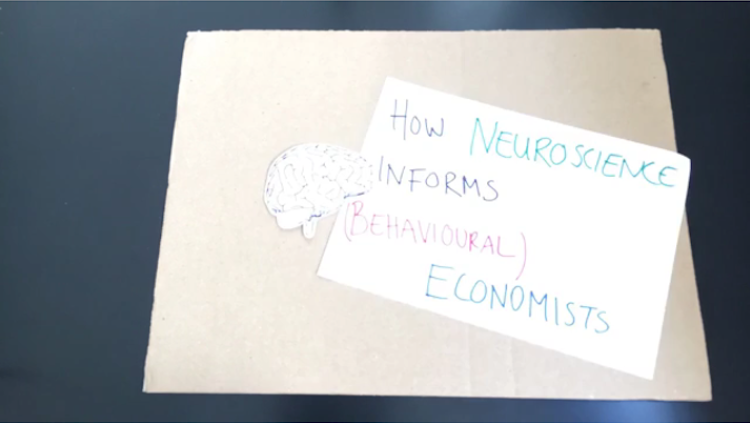A Martyr for Open Access Scientific Publishing?
- Published21 Jan 2013
- Author Anita Bandrowski
- Source BrainFacts/SfN

This is not a blog post that I ever imagined writing.
Likely many of you have heard that there has been a tragedy in that on January 11, 2013 a very talented young computer programmer and activist, Aaron Swartz, took his own life in New York city. The young man, was one of the bright starts of the computer generation, added significantly to Reddit and the RSS specification among other work (started contributing at age 14!). His later life, by this I mean his early 20's, was spent in fighting the closed world of science. He was the founder of Demand Progress, an online activist group that was able to mobilize enough like minded thinkers and used this influence to black out wikipedia and google (partially) culminating in the defeat of the SOPA/PIPA bills last year. He was very opposed to the current system for publishing science, in fact he broke the law in protest. He did not intend to make money from his criminal activities, but he certainly broke the law. He did not hurt anyone, his crime consisted of putting a laptop into a small closet in the MIT library and downloading millions of articles from the JSTOR archive. He believed, as many including the former head of the National Institutes of Health do, that information, especially information generated as a result of billions of dollars of tax-payer money should not be the exclusive right of a corporation.
He believed that scientific knowledge was the legacy of human endeavor and as such it should be open to all humans. In this, he was not alone, but he was braver or at least more industrious than most. He infringed the copyright agreement of a group of for profit cooperations and told people about it. For this crime, he was being sued in criminal court and was facing 35 years in prison as well as a million dollar fine. He took his own life and the case was dropped by the prosecution. Is this what it takes to reform a broken system of scientific publishing? In my opinion, he is a martyr for a cause, I just never imagined that reforming scientific publishing practices would require a martyr. In the many thousands of years that scholars thought interesting things and put them on paper for others to read, there have been many cases where some brave soul had to protect that knowledge. Perhaps, Aaron is a modern Hypatia? Regardless of his place in history, his life and death should give us pause on what the President termed a "national day of service." For my part, I think that I will add my currently unrepresented publications to the National Library of Medicine's PubMed Central and consider publishing in only the open access subset of PMC from now on. It is certainly not a big gesture, but possibly no less relevant than expressing outrage at the prosecutors of Aaron's case.
CONTENT PROVIDED BY
BrainFacts/SfN
Also In Law, Economics & Ethics
Trending
Popular articles on BrainFacts.org


















